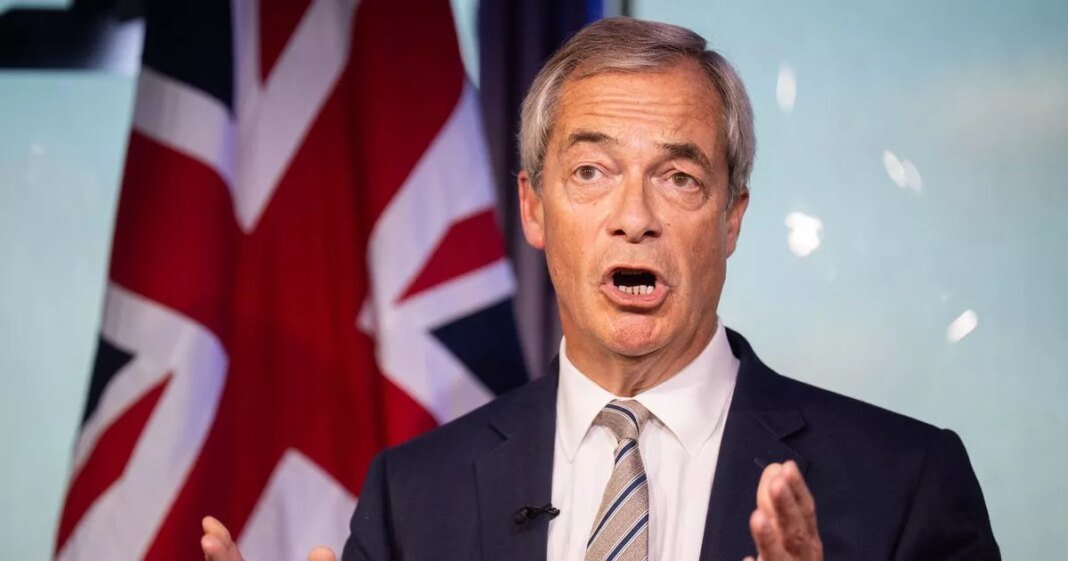A government minister from the Home Office dismissed claims of inciting violence against Nigel Farage by Keir Starmer as baseless. The minister criticized Zia Yusuf of Reform UK, labeling his accusations as unfounded and overly sensitive.
The migration minister, Mike Tapp, strongly refuted the allegation, calling it offensive and absurd. He emphasized that there is no intention from the Prime Minister, himself, or any other Member of Parliament to cause harm to their political opponents.
While emphasizing the importance of parliamentary safety, Mr. Tapp defended the right to free speech for all parties involved. He criticized Zia Yusuf’s accusations of restricting freedom of speech, highlighting the hypocrisy in the claims.
Furthermore, Mr. Tapp reiterated on Sky News that no political figure, regardless of party affiliation, desires harm to befall another member of parliament. The comments came in response to Reform UK’s Zia Yusuf accusing Keir Starmer of inciting violence against Nigel Farage.
Yusuf alleged that Starmer’s rhetoric at the Labour Party conference aimed to provoke violence against Farage, holding the PM accountable for any consequences. He argued that recent actions, including a decrease in Farage’s security detail, were linked to a dangerous trend seen in the US.
Reform UK’s deputy leader faced backlash for misquoting Starmer’s speech, suggesting a call to arms against political opponents. The party continues to challenge decisions made against individuals like Lucy Connolly, who advocated for extreme actions against migrants.
In his address at the Labour conference, Starmer emphasized the need to challenge Reform UK’s policies and stand up for a diverse and inclusive Britain. He did not directly refer to Farage as an enemy but criticized policies that could jeopardize the security of long-term residents.
The statements from various political figures underscore the ongoing tensions between parties and the importance of upholding democratic values in political discourse.

